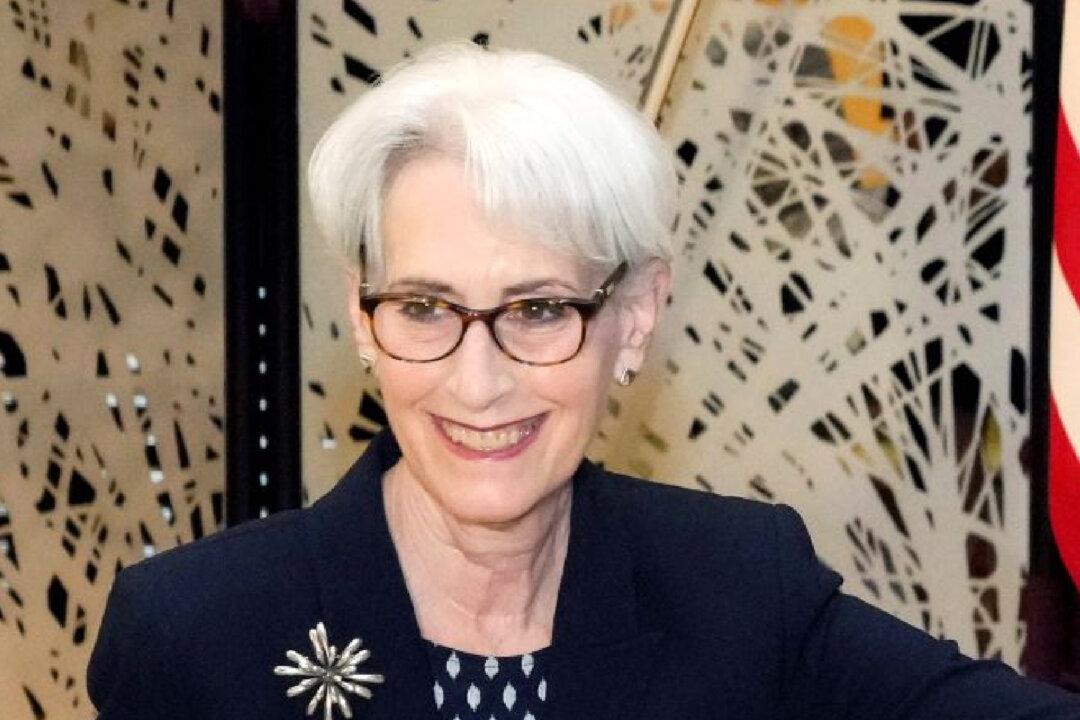Commentary
The U.S.-China talks in China’s Tianjin concluded with no specific outcomes over divergent values. However, the accusatory statements and wolf-warrior tactics revealed the Chinese Communist Party’s (CCP) true intentions and concerns.

The U.S.-China talks in China’s Tianjin concluded with no specific outcomes over divergent values. However, the accusatory statements and wolf-warrior tactics revealed the Chinese Communist Party’s (CCP) true intentions and concerns.